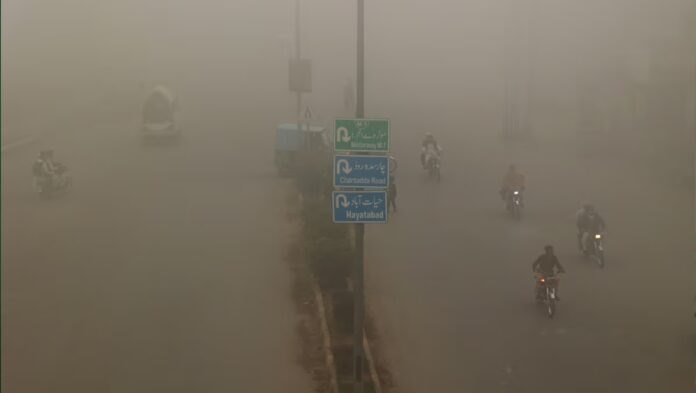Pakistan People’s Party (PPP) Chairman Bilawal Bhutto-Zardari recently suggested that residents of Punjab and Khyber Pakhtunkhwa (KP) consider moving to Karachi for better air quality, amid severe smog crises affecting these regions. His remarks targeted the governments of Punjab and KP, both struggling to manage the hazardous smog levels. Bilawal shared real-time Air Quality Index (AQI) readings on his X (formerly Twitter) account, highlighting how cities in these provinces, including Peshawar (591 AQI), Multan (573 AQI), Lahore (479 AQI), and Rawalpindi (302 AQI), were experiencing extreme pollution levels. Haripur and Islamabad also recorded high levels at 272 and 262, respectively.
Karachi, in comparison, had a significantly lower AQI of 78. However, this suggestion drew criticism from Karachi residents who voiced concerns over their own city’s issues, such as poor infrastructure, high crime rates, chronic water shortages, and insufficient civic amenities. Social media reactions included one user who, having moved from Karachi to Lahore three years prior, described it as a positive decision and encouraged others to follow suit. Another user noted that Karachi’s AQI of 79, though lower, still falls under the “Poor” category.
In recent weeks, Punjab and KP’s smog crisis has worsened, exacerbated by air pollutants drifting in from India. Lahore, in particular, has remained on top of the global pollution charts. On November 10, Lahore’s AQI reached 613 in the morning, securing its position as the world’s most polluted city on Swiss-based IQAir’s list. Fine particulate matter (PM2.5), the pollutant most harmful to human health, was recorded at 382.2, 76.4 times higher than the World Health Organization’s (WHO) safety threshold. The toxic clouds of smog, now so dense they’re visible in NASA satellite imagery, have spread beyond Punjab, engulfing some areas of KP, where residents report respiratory problems, eye irritation, and throat infections.
The United Nations Children’s Fund (UNICEF) has also issued warnings, emphasizing that the dangerously polluted air in Punjab, particularly in Lahore, poses serious health risks to over 11 million children under the age of five. As the crisis persists, the need for sustainable solutions and effective air quality management has become increasingly urgent for affected regions.




